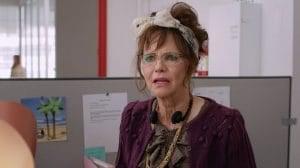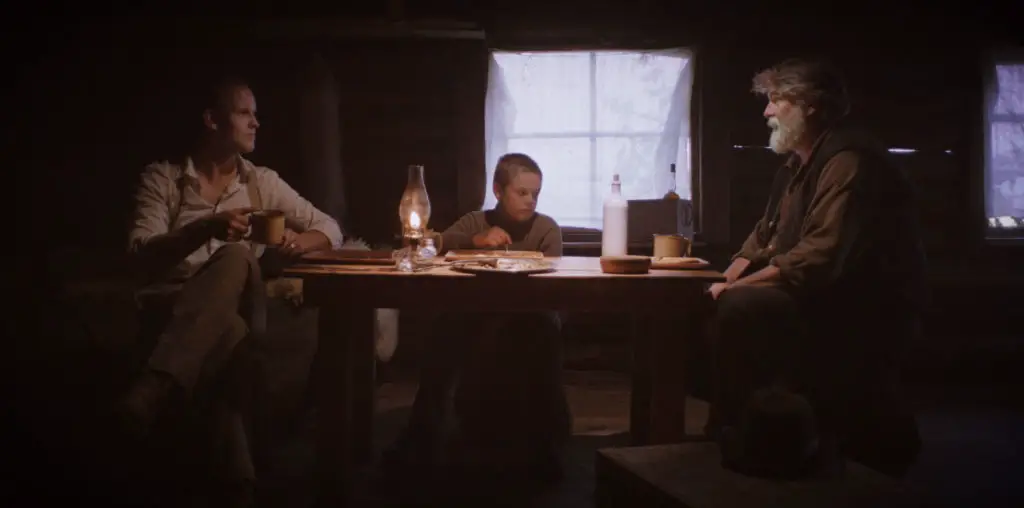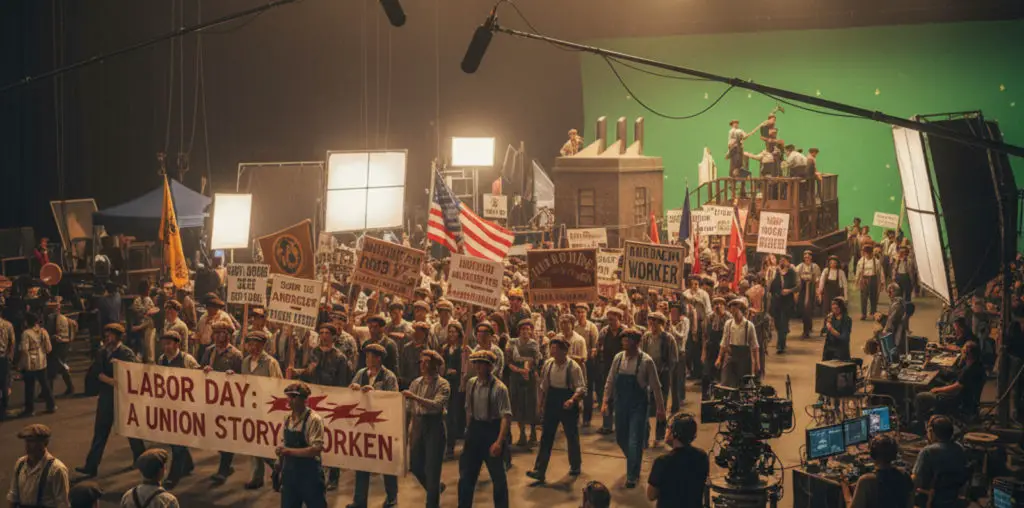
Hello, My Name is Doris is the type of film I am programmed to hate by default, yet the writing, solid super cast, and narrative left such an impression as the credits rolled I couldn’t help but find myself in love. Directed and co-written by Michael Showalter of Stella and Wet Hot American Summer fame, Hello, My Name is Doris is very much a comedic drama centering on Doris, a quirky senior citizen who recently lost her mother and finds herself alone for the first time in her life. That sort of pressure initially seems debilitating, but a new romantic pursuit pushes Doris outside of her comfort zone and ultimately towards being a more independent woman.

“This film has some very heavy emotional scenes that elevate it past being just a quirky indie comedy.”
The film stars the lovely Sally Field as the titular Doris. Doris starts the film as almost a caricature of the mousey, socially inept cliché’ we see so often in indie movies. As the film progresses we gain more insight into what makes Doris the way she is, and thankfully we’re also given scenes involving close friends who bring out the “normal” side of her, but there’s some moments in the film where the Doris character is played to be downright cringe worthy. I get this weird, annoying anxiety when I watch characters that are more socially awkward then I perceive myself to be. Doris is horrifically shy; she avoids eye contact, stutters and stumbles over her words when people ask her simple questions, and gives off this totally off-putting vibe that I felt was going to be a chore to sit through, but as the film began to unravel the reasoning behind her quirks, and the character begins to loosen up and be more socially conscious, I found myself unequivocally entertained, almost as if my own personal tension relaxed a bit in sync with Doris’ evolution.
I really thought the film’s was going to try to mine comedy from Doris’ quirkiness despite the fact that someone living that meek should be pitied, not laughed at. Thankfully it’s very underplayed, and most of the comedy comes from the fact that Doris’ vintage fashion choices make her look like a hipster. The focus of her affection, John (played by New Girl’s’ Max Greenfield) is a stereotypical millennial; he listens to EDM and acoustic indie rock, he has a limited grasp of New Age spiritualism, and he enjoys trendy restaurants with stupid gimmicks. In an effort to impress John, Doris creates a fake Facebook profile and cyber stalks John, learning his interests, his favorite band, and personal information to strategically place herself into his life. After showing up at a concert for John’s favorite band, Doris’ fashion sensibilities garner her a modicum of fame from her much younger contemporaries. Soon she becomes more social and outgoing. Doris’ best friend, Roz (played wonderfully by Tyne Daly), says it best; Doris is just an art project for them. It’s a rebellious display against social norms for hipsters to go against the grain and hang out with a woman in her early 70’s, but despite the shallowness behind Doris’ newfound popularity, it still pushes her into growing as a character. Doris becomes more confident, bolder, and more willing to grow towards being a liberated, capable human being and that journey is truly the crux of the film.


